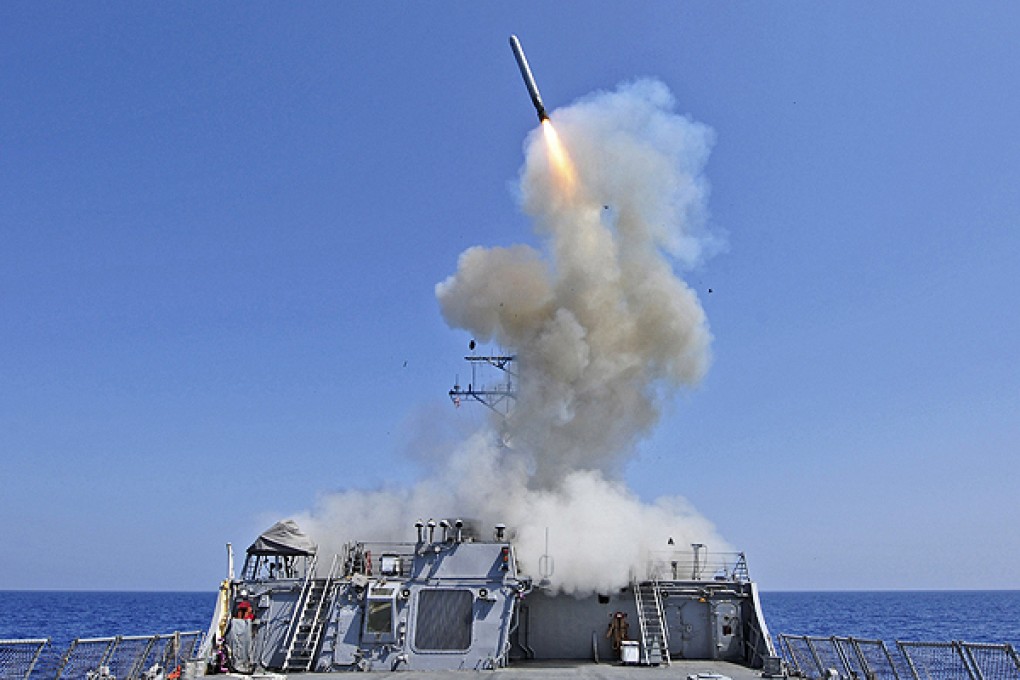US ‘to hit Syria with cruise missiles’
America and its allies set to target Assad regime after concluding it launched chemical attack

Tomahawk cruise missiles are likely to be launched at night against hundreds of Syrian targets, including some of President Bashar al-Assad's elite military units, if the US and allies launch a military strike in retaliation for the use of chemical weapons.
"I'm thinking a pretty significant initial wave" of several hundred Tomahawks "and an assessment period and maybe a second wave if we don't think we accomplished the destruction we wanted to," said Jeffrey White, a former Defence Intelligence Agency analyst who is now a defence fellow with the Washington Institute for Near East Policy.
However, President Barack Obama said on Wednesday he had not yet signed off on a plan to strike Syria, although his administration is working with allies including the UK and France, which also have aircraft and ships armed with cruise missiles, to reach agreement on limited action against Syria after concluding that Assad's regime used chemical weapons against civilians.
Political uproar in London, meanwhile, cast doubt on whether Britain will join American military action to punish President Bashar al-Assad’s regime for a chemical weapons attack, should the response take place before next week.
A limited strike could be directed at the headquarters, facilities and depots of Assad's most elite units, the Republican Guard and the 4th Armoured Division, which some US officials think are most likely to have mounted the reported chemical weapons attack last week that opposition forces say killed about 1,300 people.